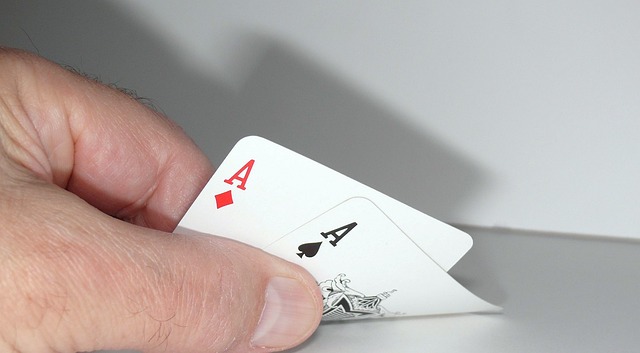In a world where traditional casino games rely almost entirely on chance, the idea of skill-based gambling has emerged as an appealing alternative. These games promise to reward player ability, decision-making, and strategy rather than pure luck. But how real is this trend? Do skill-based casino games genuinely exist, or are they just a marketing twist on old mechanics? As younger generations seek more interactive and rewarding forms of gambling, casinos have begun experimenting with game formats that blur the lines between skill and chance. Let’s explore the rise, mechanics, and legitimacy of skill-based gambling.
What Defines a Skill-Based Casino Game?
A skill-based casino game is one in which the outcome is influenced, at least partially, by the player’s ability rather than being entirely determined by random number generators (RNGs). Unlike slot machines, which operate on fixed odds, these games often incorporate elements from arcade-style video games or popular apps. Players might aim, shoot, solve puzzles, or complete time-based challenges. The more proficient they are, the better their chances of winning or boosting payouts. However, regulatory bodies still require a degree of randomness, meaning no game is purely skill-driven in a legal casino environment.
Examples of Skill-Based Gambling Games

Several casino operators have already introduced skill-based games in both physical and digital formats. Games like “Danger Arena” or “Pharaoh’s Secret Temple” allow players to influence outcomes through speed, precision, or pattern recognition. Some hybrid poker machines also reward decision-making and bluffing tactics. Certain blackjack variants are considered skill-based, provided the player follows an optimal strategy. Even sports betting and fantasy sports fall into this broader category, as users rely on knowledge, analysis, and timing. While these formats are still emerging, they represent a shift toward more active and engaging gaming experiences.
Why Millennials and Gen Z Want More Than Luck
The push toward skill-based casino games is largely driven by millennial and Gen Z gamblers, who grew up with interactive digital entertainment. These players are less interested in passive button-pressing and more drawn to games that offer control, competition, and achievement. They prefer gamified experiences, fast feedback, and platforms where their choices matter. Casinos that fail to modernize their offerings risk alienating this younger demographic. By introducing skill elements, gambling venues aim to stay relevant in an age where engagement and personalization are as important as potential payouts.
Do Skill-Based Games Offer Better Odds?

The big question remains: can you beat the house with skill? In most cases, not entirely. Casinos are still designed to profit over time, and skill-based games are typically calibrated to preserve the house edge. However, proficient players may be able to slightly reduce that edge or extend their playing time. This makes the experience more rewarding and less frustrating than purely random games. It also introduces a learning curve—players can improve over time, much like in video games. That said, transparency about game mechanics is crucial to ensure fairness and avoid misleading claims.
The Future of Skill-Based Gambling
As casinos compete for tech-savvy audiences, we can expect a growing variety of skill-influenced titles. Developers are working on multiplayer formats, competitive leaderboards, and interactive bonus rounds that reward performance. Online platforms may incorporate AI-driven challenges, storylines, and adaptive difficulty levels. Regulation will play a key role in shaping how far this trend goes, especially around claims of fairness and skill impact. Still, it’s clear that the future of iGaming won’t be dominated by luck alone—player ability is set to become a bigger part of the equation.
